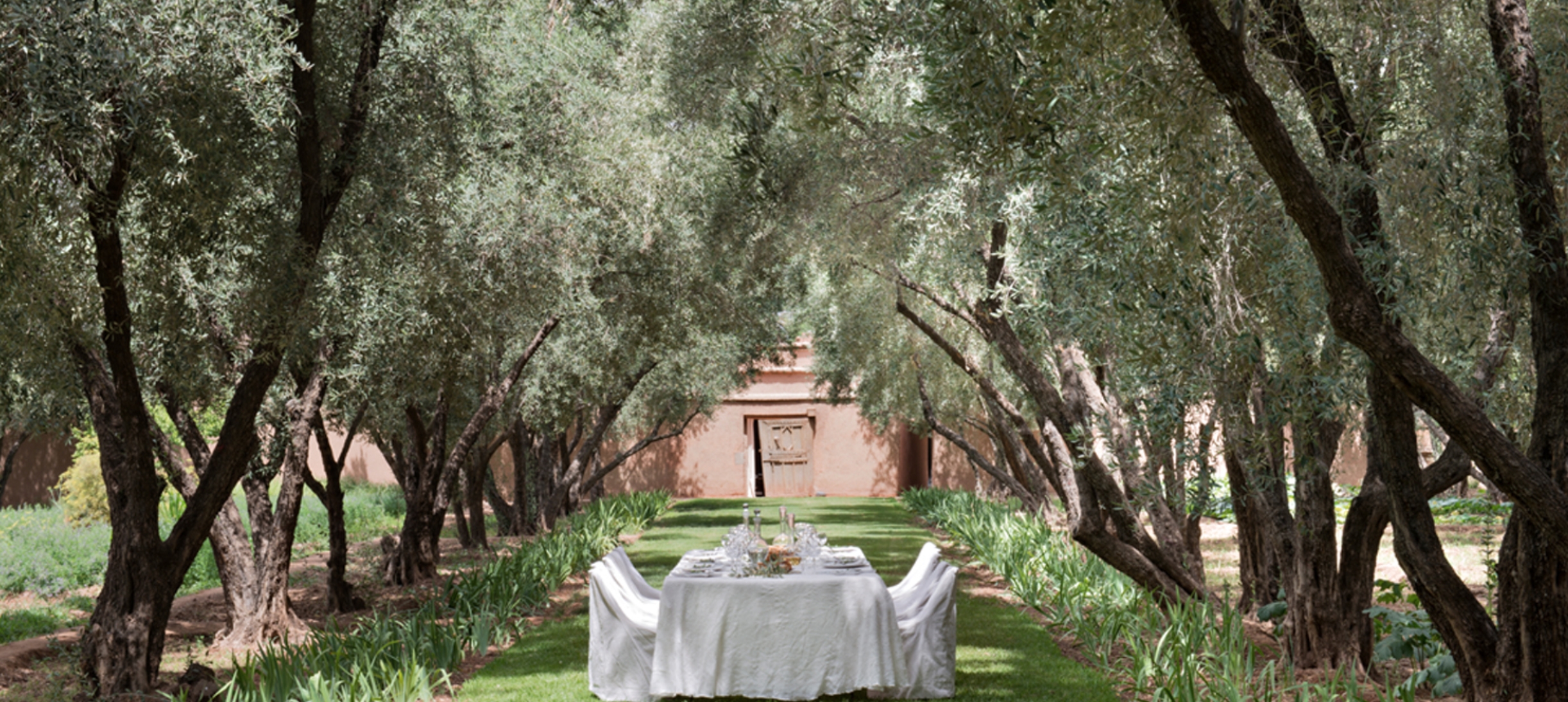
Pop-up restaurants — those limited edition dining experiences spawned by the food truck movement — have become commonplace. For rockstar chefs, these are their tours, their chance to connect with the fans who follow them on social media and are anxious to experience their cuisine. Similarly, pop-up shops have allowed designers and makers to release their wares to select customers. And they’re being used left and right by advertisers and big brands.
But the pop-up concept has yet to get a foothold in hospitality. Until now. Creator Thierry Teyssier doesn’t like the term “pop-up,” preferring to call his new concept 700’000 Heures a “wandering hotel.” But we use it because it’s a comparison that feels apt — as the hotel will take up short-lived residency in an exotic location, just long enough to provide a one-of-a-kind experience to guests before vanishing and reemerging elsewhere to do it all over again.
Teyssier is famous in the hotel world as the visionary behind Dar Ahlam in Morocco’s Atlas Mountains. Opened in 2002, the property quickly asserted itself as one of the most influential of this century. It is a bucket list stay for sure, not only because it is stunningly beautiful but because the overall experience is so unique. For instance, the hotel has no restaurant because the staff moves guests between a series of staged locales, depending on the theme of the day. It’s no wonder that the man who created this free-flowing experience would go on to experiment with unstructured travel on a larger level.
Teyssier calls his concept “a hotel with no limits, a Rubik’s Cube” because every guest will modify their experience to best suit their needs and moods. When it debuts this September in Gagliano del Capo, Salento in southern Italy, the project may have guests diving for sea urchins, or they may travel the countryside in a vintage Fiat 500. Perhaps, they will tour the famed vineyards of the region. As the guests determine much of what happens and details are being kept quiet, it’s hard to pinpoint an exact itinerary.
Future locations include Siem Reap, where guests will say in one of Cambodia’s most perfect Khmer wooden houses, in November. And Lencos Maranhenses in the north of Brazil, where a lagoon-side beach house close to the dunes serves as the accommodation, is part of next year’s offerings.
The trips are all-inclusive and come with a hefty price tag of €1,500 per couple per night. However, the name 700’000 Heures references the number of hours the average person will live, and given that sort of perspective, shouldn’t some of those hours be spent in a way that can never be replicated?






